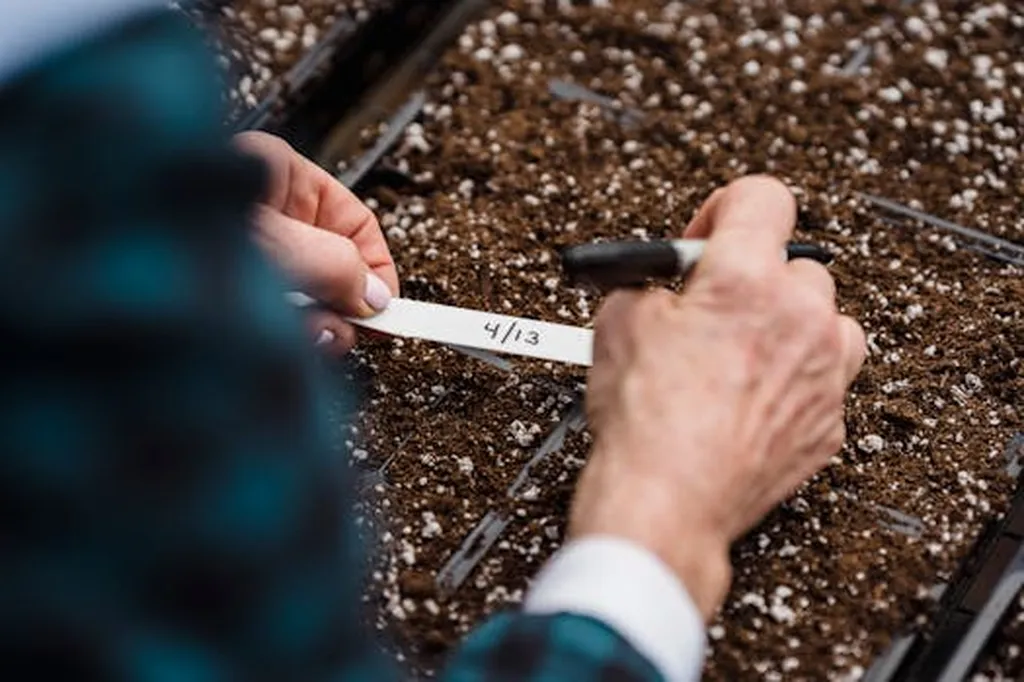In the ever-evolving landscape of agriculture, the drive toward sustainability and efficiency has never been more critical. A recent bibliometric review published in *AgriEngineering* sheds light on how precision agriculture technologies (PATs) are transforming the way farmers approach pesticide use, offering a glimpse into the future of crop protection. Led by Sebastian Lupica from the University of Catania, the study delves into the scientific trends and gaps in reducing plant protection products (PPPs) through advanced technologies, highlighting the pivotal role of artificial intelligence (AI), sensors, and data processing in this agricultural revolution.
The research, which analyzed data from Scopus and Web of Science databases spanning 2015 to 2024, reveals a compelling narrative: the integration of AI tools and sensor technologies is not just a trend but a necessity for modern agriculture. “AI, sensor, and data processing categories emerged as the most central and interconnected scientific topics,” Lupica notes, underscoring the vital role these technologies play in the evolution of precision spraying. This shift toward data-driven decision-making is reshaping the agricultural sector, enabling farmers to optimize PPP applications while minimizing environmental impact.
The study also highlights the global collaboration and productivity in this field, with China, the United States, and India leading the charge. “Strong collaborations within Europe further emphasize the interdisciplinary nature of this research,” Lupica adds, pointing to a growing trend of international cooperation in advancing precision agriculture. This collaborative approach is crucial for developing innovative solutions that can be scaled globally, addressing the unique challenges faced by farmers worldwide.
The commercial impacts of these findings are profound. By reducing the reliance on agrochemical products, precision agriculture not only enhances sustainability but also improves economic viability for farmers. Site-specific applications of pesticides mean less waste, lower costs, and a smaller environmental footprint—key factors in an industry increasingly focused on sustainability and consumer demand for eco-friendly practices.
Looking ahead, the research suggests that the future of crop protection lies in the continued integration of AI and advanced technologies. “The shift toward a more sustainable, data-driven, and synergistic approach in crop protection is underscored by these findings,” Lupica explains. This trend is likely to accelerate as more farmers adopt precision agriculture tools, driven by the need for efficiency and environmental stewardship.
As the agricultural sector continues to evolve, the insights from this bibliometric review serve as a roadmap for future developments. By leveraging AI, sensors, and data processing, farmers can achieve a balance between productivity and sustainability, ensuring a healthier planet and a more resilient food supply. The work of Sebastian Lupica and his team at the University of Catania not only highlights the current state of precision agriculture but also paves the way for innovative solutions that will shape the future of farming.

